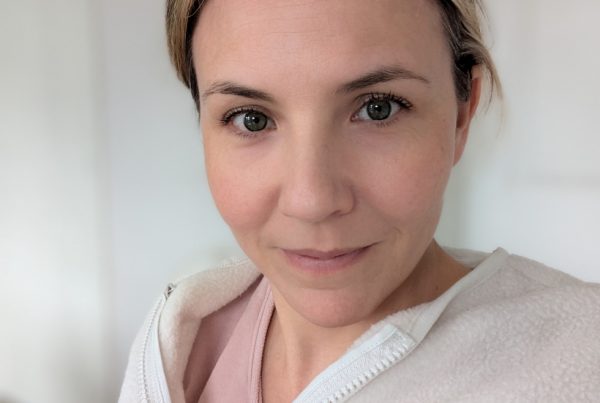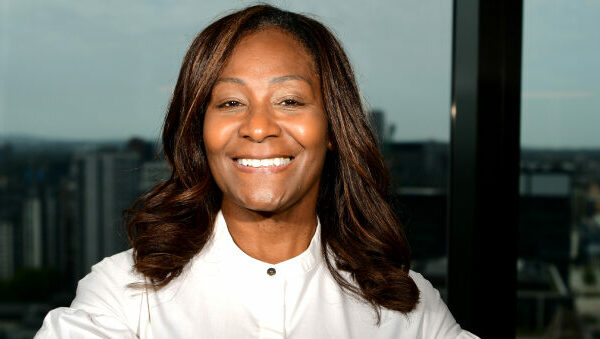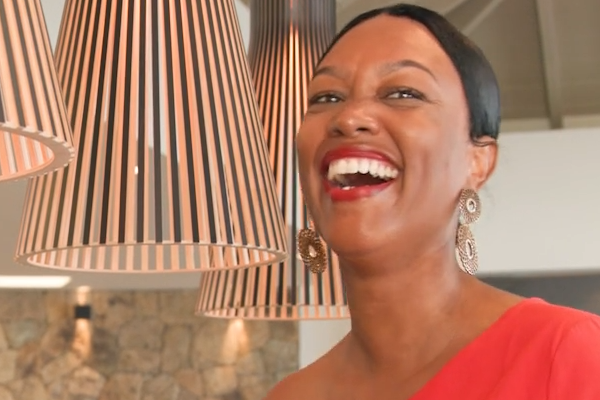Drop the ‘shoulds’ and change your negative thinking, says therapist Emma Parr. How we can use substitutions to change negative thinking.
Here we are again, the start of another year and with that can come the pressures of New Year’s resolutions, the idea perhaps of a ‘new you’; to be fitter, thinner, stronger – better. Social media carries this message and many others, as do those around us. The media talks about better mental health, being positive, but what if some of the ways we speak to ourselves and each other continue negative patterns we aren’t aware of…however good our intentions are.
Our language
A pattern I see among mothers with children of the same age is a pressure they put on themselves and each other without realising it. As our children reach certain milestones there are attitudes and judgments about where we are within these and where those around us are. These judgements might be about whether our baby is sleeping through the night yet, whether we are back to our pre-pregnancy weight and so on. We can feel despondent, less than and start to take on others expectations or views that are actually about themselves onto us. When we receive comments, they can come with a ‘should’. “You should breast feed”, “you should try exercising”, “you should sleep when your baby does”. The term ‘should’ is used in our language all the time and when it is used it can feel like an order and it leaves no room for choice.
Substitutions are a valuable way of helping us think in a different way. If I recognise the word ‘should’ makes me feel shut down, without choice, what would it be like to use ‘could’?
Change our thoughts
As soon as we use the word ‘could’, there is immediately a pause which allows us to make an active choice. “I could breast feed or use the bottle”. Using the word ‘could’ also connects us to our feelings in particular our internal compassion, “I could exercise but I am exhausted”; giving us permission to choose what is right for us. As we become aware of how much we use the word ‘should’ or other similar phrases such as ‘I have to’, there is an opportunity to challenge ourselves to notice if there is a different choice we can make.
Within our lives there are times when we don’t have a choice, we have a duty of care to our baby, our children and other areas within our life. We can’t just stop the responsibility.
Can we within the sense of duty find some choice? Imagine we are starting to ween our baby, we ‘have to’ feed them but we have a choice around how we do this. There may be a ‘should’ around giving home cooked food, but the pressure of this might be too much alongside all the other areas of our life we have to fulfil. We ‘could’ give a home cooked meal and there are other meals we can buy that are fresh alternatives. Can we, using our compassion, give ourselves that permission to take the easier option at times.
If you feel you would like support changing negative thought patterns please do get in touch.

About Emma Parr
I worked in The City and West End of London, in the financial sector and design industry, before I began to realise I wanted more fulfilment from life. To understand why we are as we are and what makes each of us ‘tick’. Psychotherapy was the answer, to acknowledge our differences and celebrate them. For me being with a client as they explore their internal world is both an honour and a privilege.
Qualified at the Psychosynthesis Trust (PT). The course was accredited by the British Association of Counselling and Psychotherapy (BACP) and validated by the University of East London. I’m also a registered member of the BACP and have a Disclosure and Baring Service (DBS) certificate. I have assisted at PT for the last 7 years on a number of courses, and value my time with the students immensely. I live in South West London with my husband and children.



